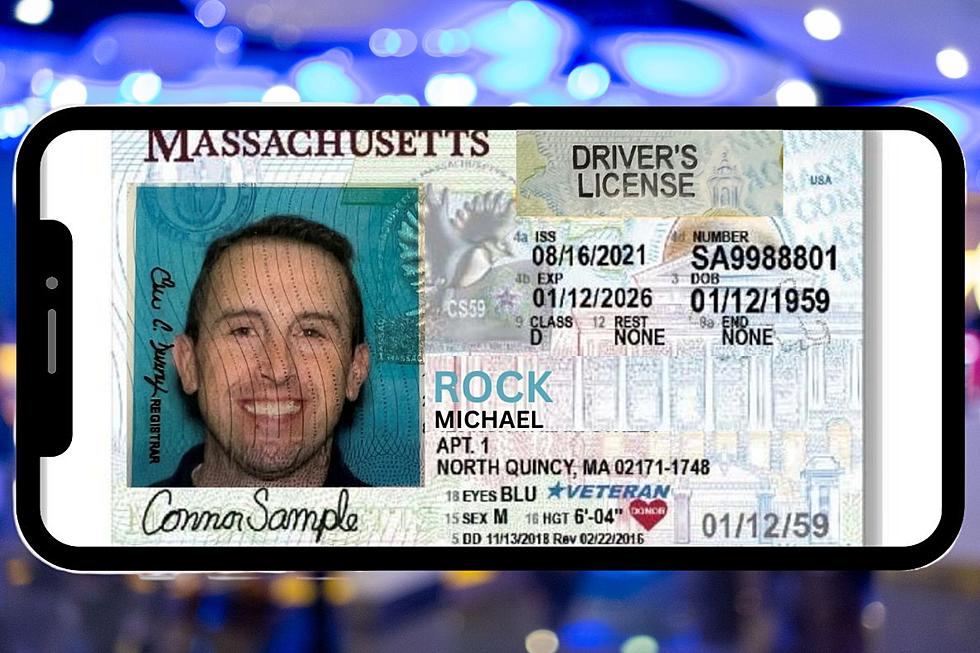
Lawmakers Start Talks on Final Hands-Free Bill
STATE HOUSE, BOSTON — As a handful of lawmakers began efforts Wednesday to resolve differences in hands-free driving safety bills passed by the House and Senate, they papered over past failures to get similar legislation over the finish line.
Rep. William Straus, House chair of the Joint Committee on Transportation, described the "legislative history" of the push — branches advancing bills but never agreeing on a final bill — as "secondary at this point" now that conference committee negotiators face the task of producing compromise legislation to effectively ban the use of cellphones and other handheld electronic devices behind the wheel.
"We have stars aligned in terms of both chambers, leadership of both chambers and the governor himself who have all indicated a desire to deal with hands-free," Straus said Wednesday as the conference committee began its first meeting in the Senate Reading Room.
The six lawmakers tapped as negotiators — Straus, Reps. Joseph Wagner and Tim Whelan, and Sens. Joseph Boncore, William Brownsberger, and Dean Tran — kept the meeting open to the public for less than five minutes before voting to continue the discussions in private, a common move for conference committees.
The two bills (H 3793 / S 2250) are similar, allowing drivers only a single touch or tap to activate a device's hands-free mode and outlawing virtually all other hands-on uses. Current state law only bans texting while driving, a threshold that law enforcement officials say is difficult to prove and challenging to enforce.
"This is a situation that's plagued the commonwealth for the past 10 to 15 years," Boncore, the Senate chair of the Transportation Committee, said. "Even with a ban on texting and driving, we've seen a spike in motor-vehicle accidents concerning and tied to distracted driving."
The House and Senate bills differ over how to require police to collect demographic data when they pull drivers over, something advocates have long pushed for as a way to track for bias or discrimination.
The House's bill would require law enforcement to track stops that end in a citation issued to a driver; the Senate version calls for tracking of all stops regardless of outcome.
"I optimistically think this is a very resolvable set of differences," Straus said. "There will be, I think, a concluding document that we're all really excited about."
The negotiations featured only the six lawmakers and their staffs, but Boncore said earlier this month that the Massachusetts Chiefs of Police Association and other groups that advocate on the topic will participate in "ancillary" conversations ahead of a final recommendation.
In each of the past two sessions, the Senate had passed hands-free legislation only to watch the measures never come up for a final vote in the House.
Gov. Charlie Baker prioritized hands-free legislation this session, including language in a broader road-safety bill he filed. The House approved its own bill 155-2, and the Senate passed its proposal 40-0 earlier this month.
"This is the closest the two chambers have ever been on a bill like this, so we're happy that we're going to have this conference," Boncore said.
Bills recommended by conference committees are not subject to amendment, and are almost always accepted by both branches and sent to the governor's desk.
--Chris Lisinski, State House News Service
More From WBSM-AM/AM 1420









